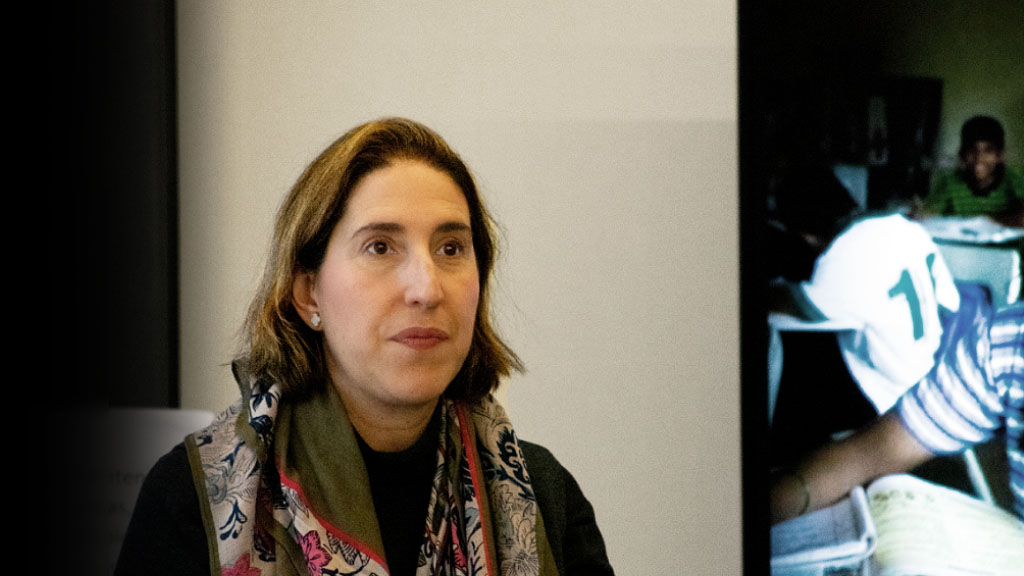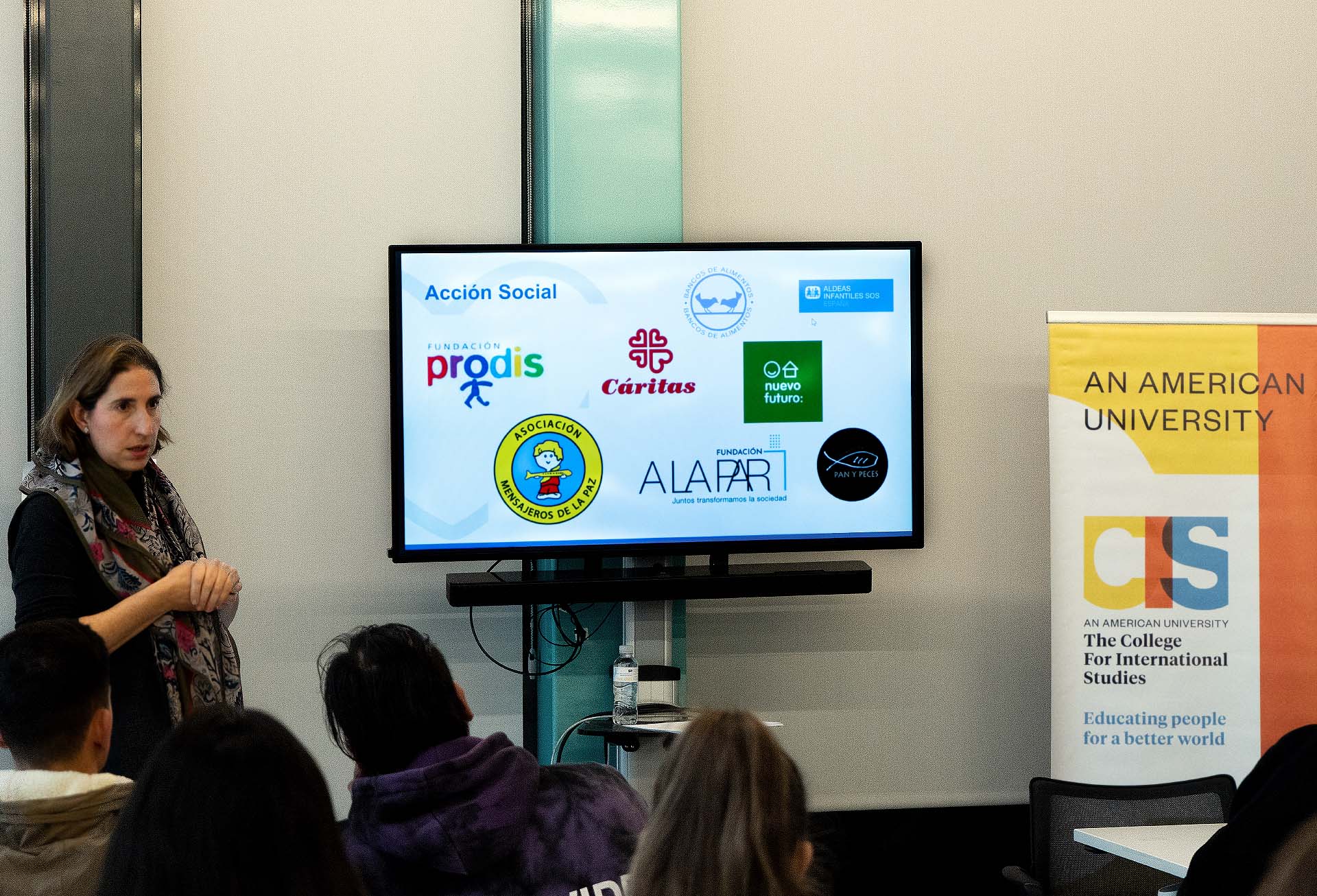“Now that the tragedy that occurred in Turkey and Syria is still recent, I can assure you that together with the army, the police and the health services, the first to deploy there, on the ground, were colleagues from the Third Sector of all nationalities who we can imagine.”
Rocío Balsón, head of Communication and Marketing at the Ronald McDonald Children’s Foundation Spain, began her presentation with these impressive words on Careers and opportunities in the Third Sector.
But first of all, perhaps we should define exactly what we call “The Third Sector“. In Rocío’s own words, this sector “represents organized civil society and refers to the set of social activities that are not conducted for profit, and do not depend on the State or the market to function.”
Therefore, the various foundations, associations, cooperatives, religious entities, or volunteer job-seekers companies, make up what we consider the “Third Sector”, so called because it operates outside of national States and private companies.
This sector is more popularly known as Non-Governmental Organizations or NGOs, which in order to function must act under the legal form of a foundation, that is, they must be non-profit entities (they do not seek economic benefit), and their purposes respond to interests, general and not particular.
However, as is logical, the fact that an NGO does not seek financial benefits does not mean that it cannot be rent-seeking, and even have assets and economic surpluses, destined to fulfill its statutory purposes. And to achieve this, you will need to recruit and hire professionals who are part of your human resources.

Work for an NGO
There is an erroneous belief that a professional integrated into an NGO must give their time or “expertise” to the Foundation without receiving remuneration in return. Nothing could be further from reality, Third Sector entities are nourished by members of all kinds, from hourly volunteers to highly qualified professionals.
Working for a non-governmental organization entails many challenges and particularities, which is why the research, analysis and critical thinking skills of humanities degrees are very necessary. It also requires a series of qualities and “soft skills” such as empathy and assertiveness, or the mental strength to face adverse situations that can be uncomfortable or discouraging. However, despite all this, to the gratification of a job well done, there is always the satisfaction of leaving a better world.
And it is that as Rocío ended, sharing a quote from Anne Frank: “How wonderful it is that no one has to wait a second before starting to improve the world!”

